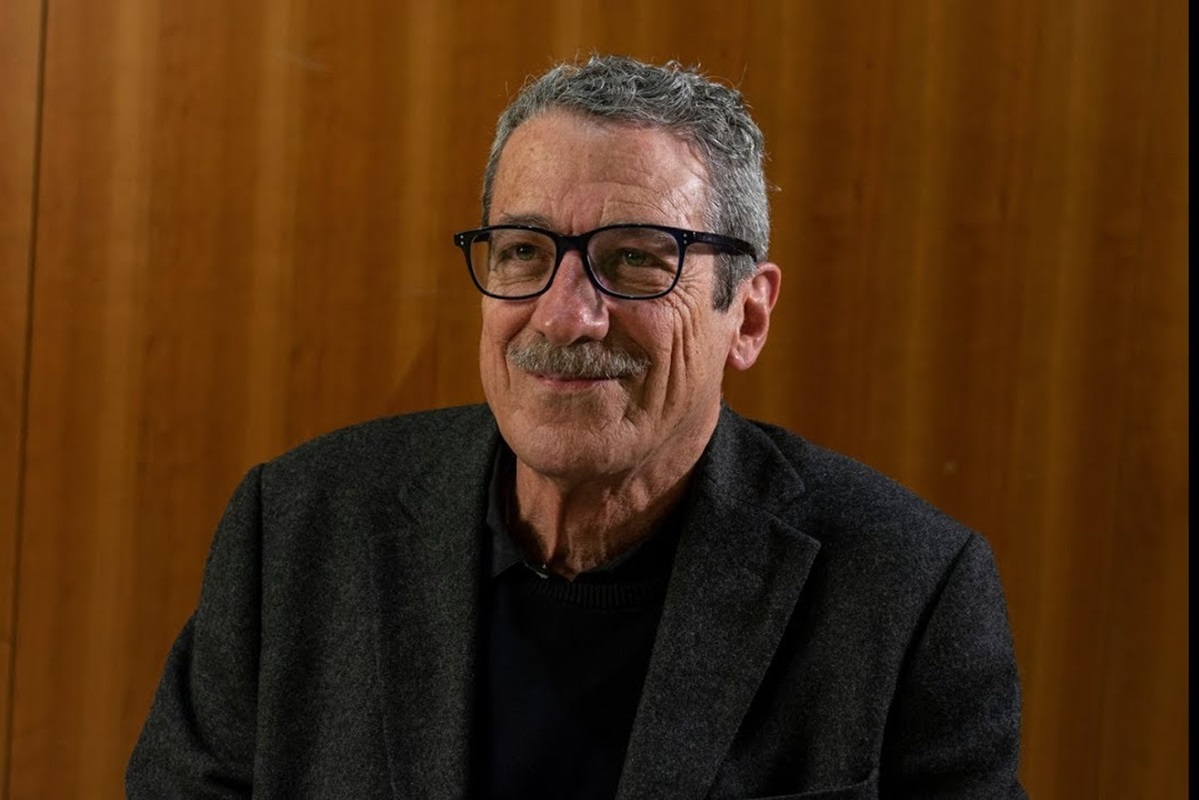In the grand salons of 18th-century Paris, the music of Joseph Boulogne, Le Chevalier de Saint-Georges, once rang out with brilliance and elegance. A biracial prodigy born in Guadeloupe in 1745 to a French nobleman and a Senegalese enslaved woman, Saint-Georges was a man centuries ahead of his time. A virtuoso violinist, brilliant composer, master fencer, and the first Black general in French history, he shattered racial boundaries in an age defined by rigid social hierarchies.
Yet, despite his towering achievements, Saint-Georges was all but erased from the historical record. When Napoleon reinstated slavery in the French colonies in 1802, two years after Saint-Georges died of a bladder infection in Paris, he also purged the legacy of this extraordinary man. For over 200 years, Saint-Georges became a ghost—his music unheard, his name unspoken.
Now, in a twist worthy of historical fiction, a cultural resurrection is underway—not in France or Guadeloupe, but in Cuba.
Cuba’s Unexpected Embrace of a Forgotten Hero
Though Saint-Georges never set foot in Cuba, the island nation has taken a profound interest in honoring his legacy. “The Black Mozart in Cuba,” a documentary that blends biography with breathtaking performances of his music, tells the story of how Cuba became a cultural bridge to restore the honor and artistry of a man nearly lost to time.
The revival began in the early 2000s, when a group of Cuban musicians, artists, and cultural leaders discovered the legacy of Saint-Georges. Moved by the idea of a Caribbean-born genius who defied the odds in colonial Europe, they saw in him a powerful symbol of resilience, talent, and pride.
Across the island, Saint-Georges’ music began to be performed by symphonies, ballets, and multi-ethnic dance troupes. His operas and concertos found new life on Cuban stages, sometimes reimagined with Afro-Caribbean rhythms, sometimes presented in classical purity. Cuban performers—Black, white, and mixed-race—joined forces to celebrate his genius in a show of unity and cultural reclamation.
The Sword, the Bow, and the Baton
Saint-Georges’ life reads like a novel. As a child, he was taken to France and educated at elite institutions. Despite being denied noble titles because of his African heritage, he became the best fencer in Europe by age 20. He would duel aristocrats, coach future kings, and even inspire fictional characters—some say Alexandre Dumas modeled his swashbuckling heroes after him.
But it was music that captured his soul. A contemporary of Mozart—who reportedly envied his rival’s fame—Saint-Georges composed symphonies, string quartets, and operas that dazzled the court. He conducted leading orchestras and challenged the racial norms of his time with every performance.
When the French Revolution erupted, he traded his baton for a saber, forming and leading the all-Black Légion Saint-Georges. He was a revolutionary in every sense—on stage, on the battlefield, and in the pursuit of human dignity.
A Hero for the Caribbean—and the World
The Cuban revival of Saint-Georges’ legacy is more than a musical movement—it’s an act of historical justice. It recognizes the interconnectedness of the Caribbean diaspora, and how cultural memory can be preserved and celebrated across borders.
Through concerts, dance performances, and the acclaimed documentary, Cubans have positioned Saint-Georges not merely as “The Black Mozart,” but as a Caribbean hero in his own right—someone who belongs to a shared legacy of resistance, excellence, and identity.
During a week of cultural tributes held in Havana, French and Guadeloupean officials joined Cuban artists to honor Saint-Georges. It was a moment of reckoning and reconciliation. As violin strings soared through the warm Cuban air, history sang a different tune: one of remembrance, not erasure.
In reclaiming the story of Le Chevalier de Saint-Georges, Cuba has done more than rehabilitate a lost legacy—it has reimagined what classical music and history can look like when told through inclusive, courageous voices. Today, orchestras around the world are rediscovering his music. But it was Cuba that helped give him back his soul.
Saint-Georges may have been buried in silence, but now his symphonies speak again—loud, proud, and profoundly Caribbean.







